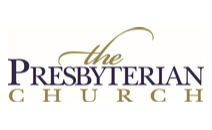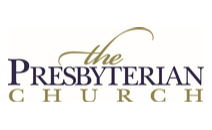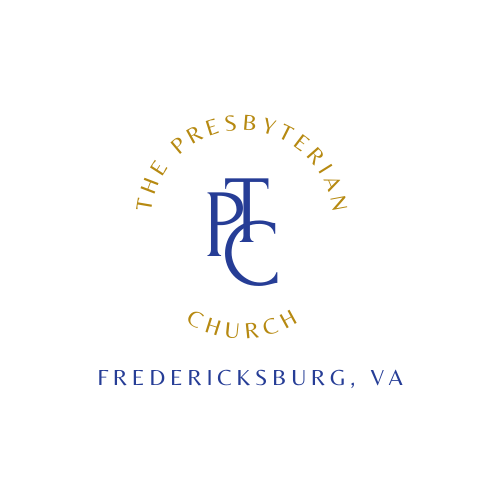Presbyterian Polity
Presbyterian churches are governed by what is known as Presbyterian Polity, a unique church governance system that balances authority between the Denomination and the Congregation. This system was developed by John Calvin in Geneva and spread by John Knox to Scotland. Scottish immigrants brought Presbyterian doctrine and polity to America.
What is so unique about Presbyterian Polity is that authority flows both from the Congregation up and from the Denomination down. To prevent powerful hierarchies governed by a single individual, presbyters are elected by congregation members to serve on assemblies. Once elected assemblies are responsible to exercise authority over congregations. Regional groups of congregations form a Presbytery. Groups of Presbyteries are governed by a Synod. Together, the Synods compose the General Assembly.
Local Congregations govern themselves through an elected board called the Session (from the Latin word meaning “to sit”). Session members serve for three years. Each year, one third of the Session members retire from Session and are replaced by members elected as elders by those previously retired. This provides stability and continuity in governing the congregation. A senior Minister moderates the Session which is headed by the Clerk of Session, neither of whom are voting members of the session.
Denominational Governing Documents


